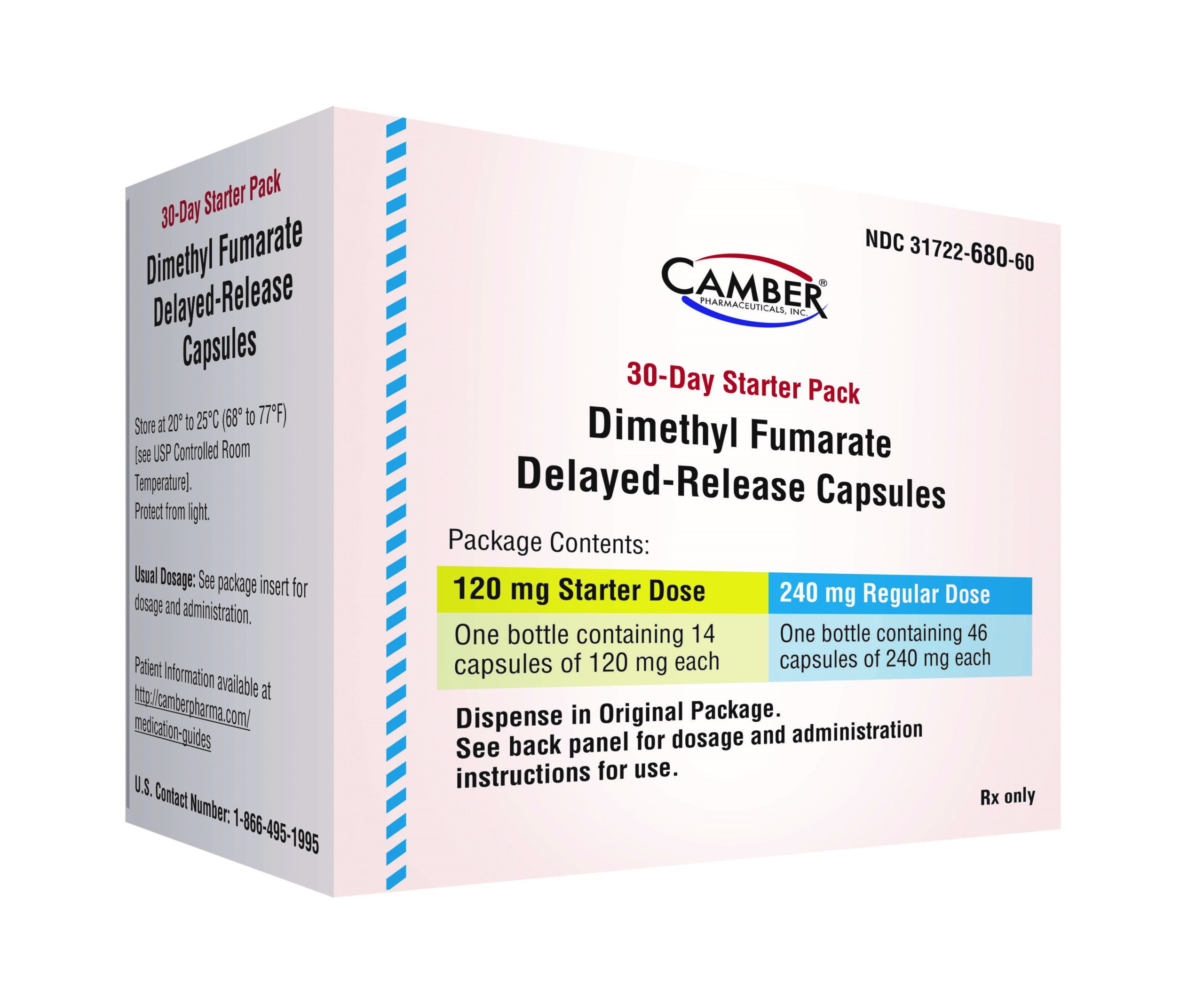Understanding Dimethyl Fumarate: A Versatile Compound
Dimethyl Fumarate (DMF) is a chemical compound with a wide range of applications in various industries, from pharmaceuticals to textiles. In this article, we’ll delve into the world of DMF, exploring its uses, benefits, and importance in today’s world.
What Is Dimethyl Fumarate (DMF)?
Dimethyl Fumarate, often abbreviated as DMF, is an organic compound with the molecular formula C6H8O4. It is a white, crystalline substance with a slightly sweet odor. DMF is known for its remarkable versatility and is used in different fields due to its unique properties.

The Diverse Applications of Dimethyl Fumarate
DMF has found its way into a multitude of industries, each benefiting from its specific properties and functions. Let’s explore some of the key applications of DMF:
In Pharmaceutical Industry
In the pharmaceutical sector, DMF plays a crucial role as an active pharmaceutical ingredient (API) in the formulation of medications. One of its notable applications is in the treatment of multiple sclerosis.
In Textile and Fabrics
Another prominent use of DMF is in the textile industry, where it acts as a highly effective antimicrobial and anti-fungal agent. Fabrics treated with DMF are more resistant to mold, mildew, and bacterial growth, making them ideal for various applications, including sportswear and outdoor gear.
In Electronics and Plastics
DMF is a valuable solvent and processing aid in the production of various electronic components and plastics. It aids in the manufacture of polymers, ensuring uniformity and quality in the final products.
Safety and Regulatory Aspects of Dimethyl Fumarate
While Dimethyl Fumarate (DMF) offers a wide range of benefits across various industries, it’s essential to understand the safety measures and regulatory considerations associated with its usage.
Safety Precautions
When handling DMF, it’s crucial to adhere to safety precautions to minimize potential risks:
Protective Gear:
Wear appropriate protective gear, including gloves and safety goggles, when working with DMF to prevent skin contact and eye irritation.
Ventilation:
Ensure adequate ventilation in areas where DMF is used to minimize inhalation exposure.
Storage:
Store DMF in well-sealed containers away from incompatible substances and in a cool, dry place.
Regulatory Compliance
DMF is subject to various regulatory standards and guidelines, depending on its intended use. It’s important to stay compliant with these regulations to ensure safety and quality. Regulatory bodies such as the Food and Drug Administration (FDA) oversee the use of DMF in pharmaceuticals, while environmental agencies monitor its impact on the environment.
Future Trends and Research
The applications of DMF continue to evolve, driven by ongoing research and technological advancements. Here are some emerging trends and areas of research related to DMF:
Sustainable Production
Efforts are underway to develop more sustainable methods for the production of DMF, with a focus on reducing environmental impact and resource consumption.
Medical Innovations
Researchers are exploring new medical applications of DMF beyond multiple sclerosis treatment, including its potential in autoimmune disorders and cancer therapies.
Improved Textile Treatments
In the textile industry, scientists are working on innovative methods to enhance the durability and effectiveness of DMF-treated fabrics, opening up new possibilities in fashion and sportswear.
Frequently Asked Questions (FAQs) About Dimethyl Fumarate (DMF)
What is Dimethyl Fumarate (DMF)?
DMF is an organic compound with the molecular formula C6H8O4. It is a versatile chemical with applications in various industries.
What are the primary uses of DMF?
DMF is used in pharmaceuticals, textiles, electronics, and plastics. It’s an active pharmaceutical ingredient, an antimicrobial agent in textiles, and a solvent in electronics and plastics manufacturing.
How is DMF used in the pharmaceutical industry?
DMF is used in the treatment of relapsing forms of multiple sclerosis. It has shown effectiveness in reducing relapse frequency and slowing disease progression.
Is DMF safe to handle?
DMF should be handled with care. Safety precautions include wearing protective gear, ensuring proper ventilation, and avoiding skin contact and inhalation of vapors.
Are there regulatory guidelines for DMF usage?
Yes, regulatory bodies like the FDA oversee DMF’s usage in pharmaceuticals, and environmental agencies monitor its impact on the environment.
What are the emerging trends in DMF research?
Research is focusing on sustainable production methods, exploring new medical applications beyond multiple sclerosis, and improving textile treatments using DMF.
Can DMF be used in cancer treatment?
Ongoing research is exploring DMF’s potential in cancer therapies and autoimmune disorders, but more studies are needed to establish its efficacy.
Is DMF environmentally friendly?
Efforts are underway to make DMF production more sustainable and environmentally friendly.
What are the key properties of DMF?
DMF is a white crystalline powder with a slightly sweet odor and is sparingly soluble in water.
Where can I stay updated on the latest DMF developments?
You can stay informed about DMF advancements through scientific journals, industry news, and regulatory agencies’ publications.
Conclusion:
Dimethyl Fumarate (DMF) has cemented its place as a versatile compound with diverse applications across multiple industries. From improving the quality of life for multiple sclerosis patients to enhancing the durability of textiles, DMF continues to impact our lives in meaningful ways.




